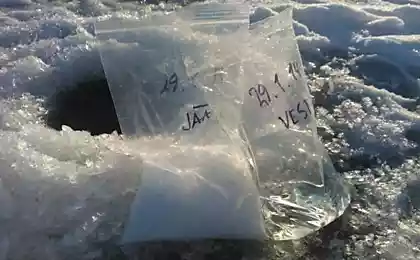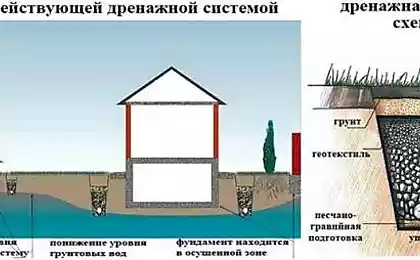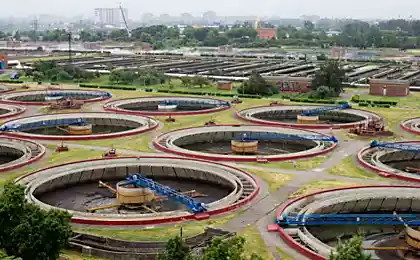520
The problem of sewage in Rio de Janeiro
Rio de Janeiro is a modern city, which is dealing with the problem in the 17th century — the lack of decent sanitation.
From Rio de Janeiro is the real problem. The world Cup is around the corner and the Olympic games in 2016 fast approaching, but the city still has no comprehensive plan for wastewater.
In the article, one of the magazines, entitled come to the world Cup, swim with the feces" Rachel Pechous writes that only 40 percent of sewage in Rio is being processed.
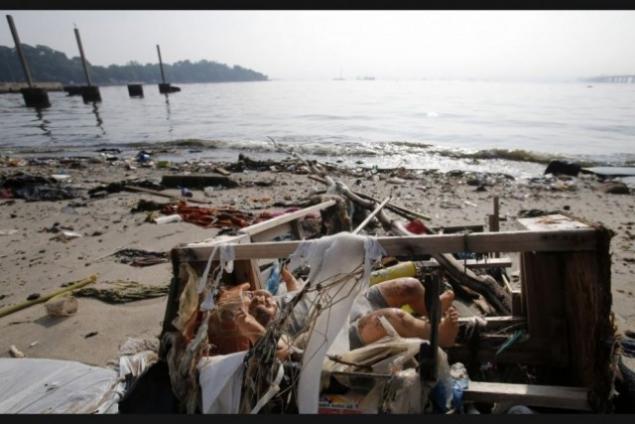
The rest clogs the canals of the city falling into the ocean, where the beaches are more toxic than intact – or be left to rot in the lagoons and rivers of the city. An additional 80-100 tons of garbage floating in Guanabara Bay every day.
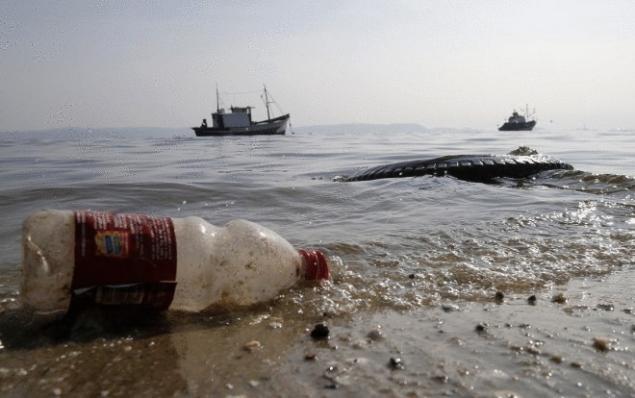
The state environment Institute (INEA) performs water quality monitoring throughout the city. Currently in the Zona Sul, where most affluent areas of Rio and is located in the tourist region 12 of the various control points showed that the ocean is unsafe for swimming due to poor water quality. Even in LeBron, the most expensive area in the whole of Brazil, INEA says the water is unsafe for swimming.
It is a modern city, which deals with the problem of the 17th century — the lack of decent sanitation. But these were poor Rio residents who are really suffering. Almost 100 million people across Brazil have no access to sanitation, which means "constant exposure to raw sewage, which are a problem in the favelas." Hepatitis a is usually transmitted via exposure to sewage, and skin diseases and gastrointestinal problems. The rainy season brings a flood of contaminated water in the houses in the favelas.
Rio have something to do with it, and still matter in wastewater is not in the list of the city on the top priority.
"In April the state government announced that it had reduced its budget allocation for the Olympic games 2016 under the cleanup of the Bay by 95 percent, reducing ongoing expenses, in this case, approximately $1 billion to $51 million."
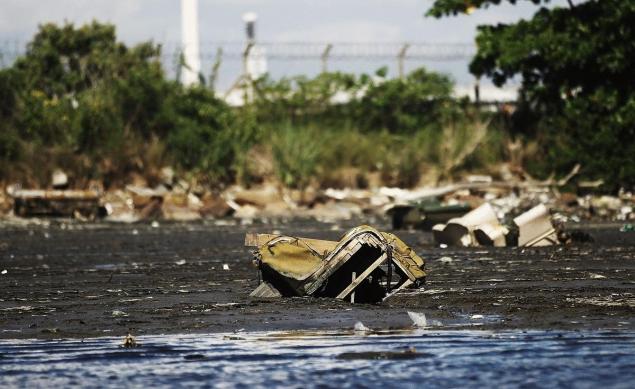
The Governor justifies his decision by saying that cleaning up the Guanabara Bay is a "long-term project that began even before Rio was chosen to host the Olympic games, so it should not be associated specifically with the Olympics."
It is good that the world Cup is not dependent on water. But by the time when will start Olympic competition in 2016, many would be pleased (according to residents), walking on the beach in Rio, which would not be a synonym for "collecting sewage."

Source: eco-portal.kz
From Rio de Janeiro is the real problem. The world Cup is around the corner and the Olympic games in 2016 fast approaching, but the city still has no comprehensive plan for wastewater.
In the article, one of the magazines, entitled come to the world Cup, swim with the feces" Rachel Pechous writes that only 40 percent of sewage in Rio is being processed.

The rest clogs the canals of the city falling into the ocean, where the beaches are more toxic than intact – or be left to rot in the lagoons and rivers of the city. An additional 80-100 tons of garbage floating in Guanabara Bay every day.

The state environment Institute (INEA) performs water quality monitoring throughout the city. Currently in the Zona Sul, where most affluent areas of Rio and is located in the tourist region 12 of the various control points showed that the ocean is unsafe for swimming due to poor water quality. Even in LeBron, the most expensive area in the whole of Brazil, INEA says the water is unsafe for swimming.
It is a modern city, which deals with the problem of the 17th century — the lack of decent sanitation. But these were poor Rio residents who are really suffering. Almost 100 million people across Brazil have no access to sanitation, which means "constant exposure to raw sewage, which are a problem in the favelas." Hepatitis a is usually transmitted via exposure to sewage, and skin diseases and gastrointestinal problems. The rainy season brings a flood of contaminated water in the houses in the favelas.
Rio have something to do with it, and still matter in wastewater is not in the list of the city on the top priority.
"In April the state government announced that it had reduced its budget allocation for the Olympic games 2016 under the cleanup of the Bay by 95 percent, reducing ongoing expenses, in this case, approximately $1 billion to $51 million."

The Governor justifies his decision by saying that cleaning up the Guanabara Bay is a "long-term project that began even before Rio was chosen to host the Olympic games, so it should not be associated specifically with the Olympics."
It is good that the world Cup is not dependent on water. But by the time when will start Olympic competition in 2016, many would be pleased (according to residents), walking on the beach in Rio, which would not be a synonym for "collecting sewage."

Source: eco-portal.kz
Wind power accounted for 4.8% of U.S. electricity generation in January
Success in life 4 established science fact


